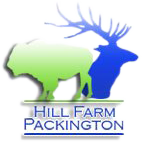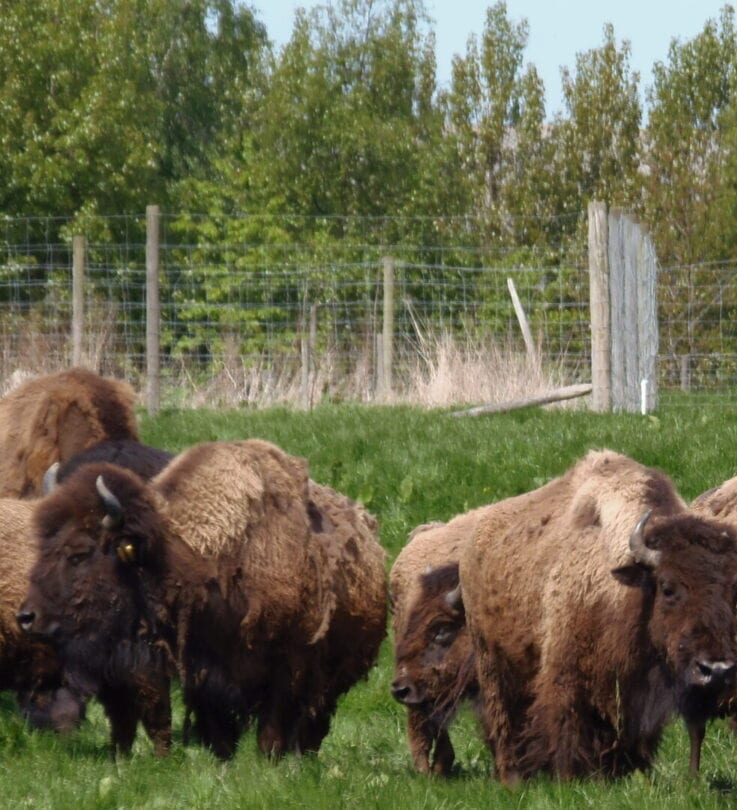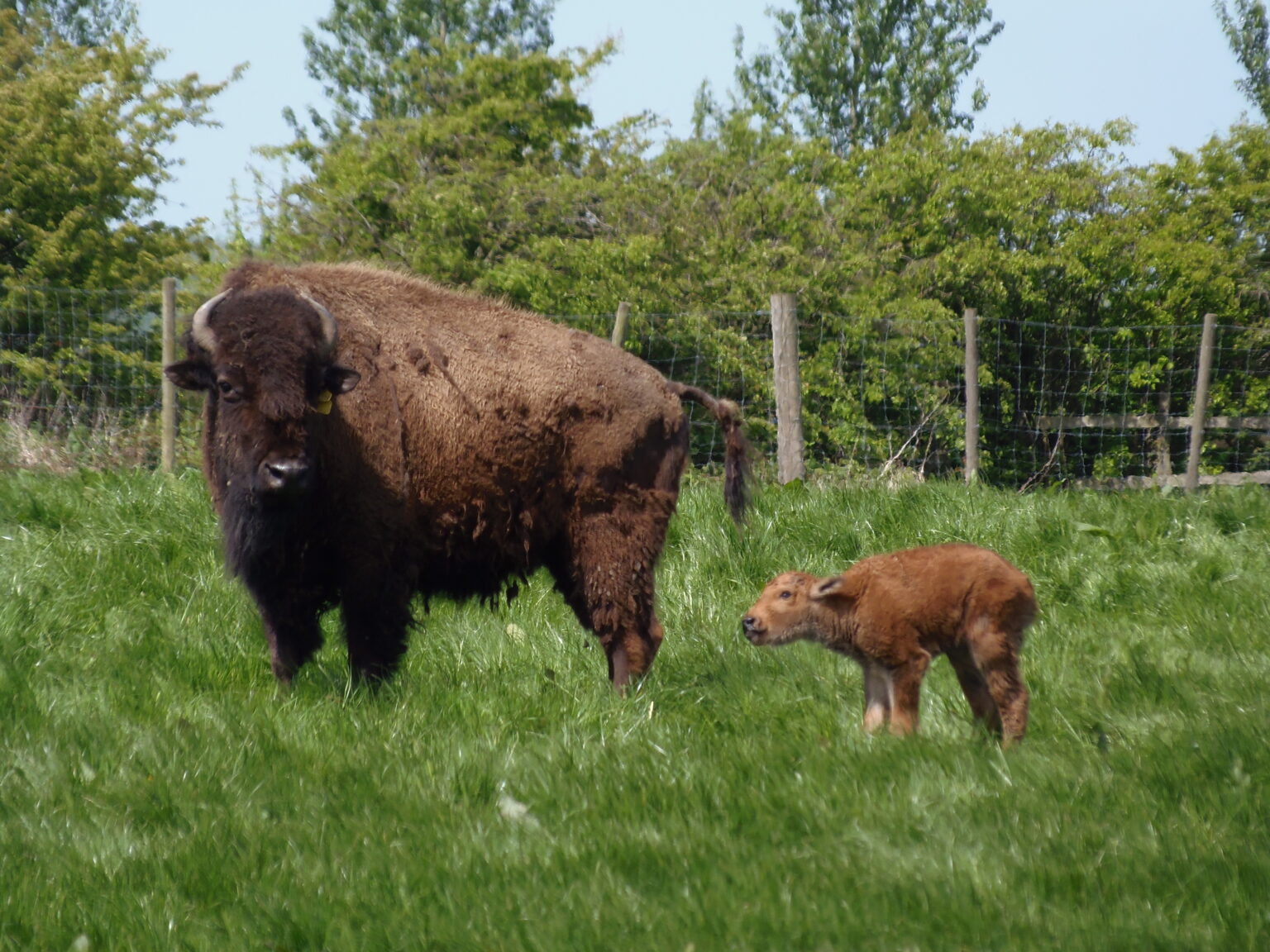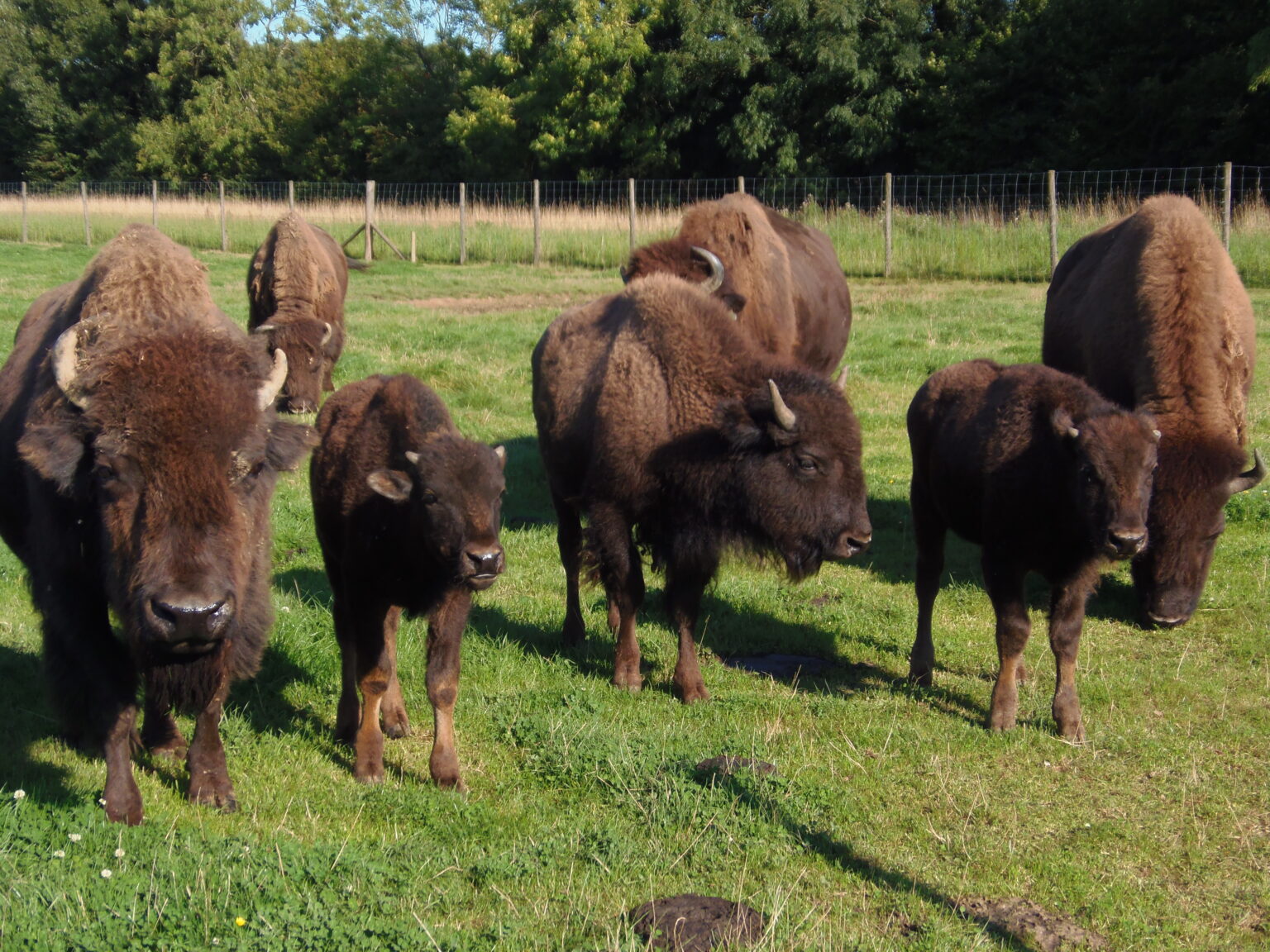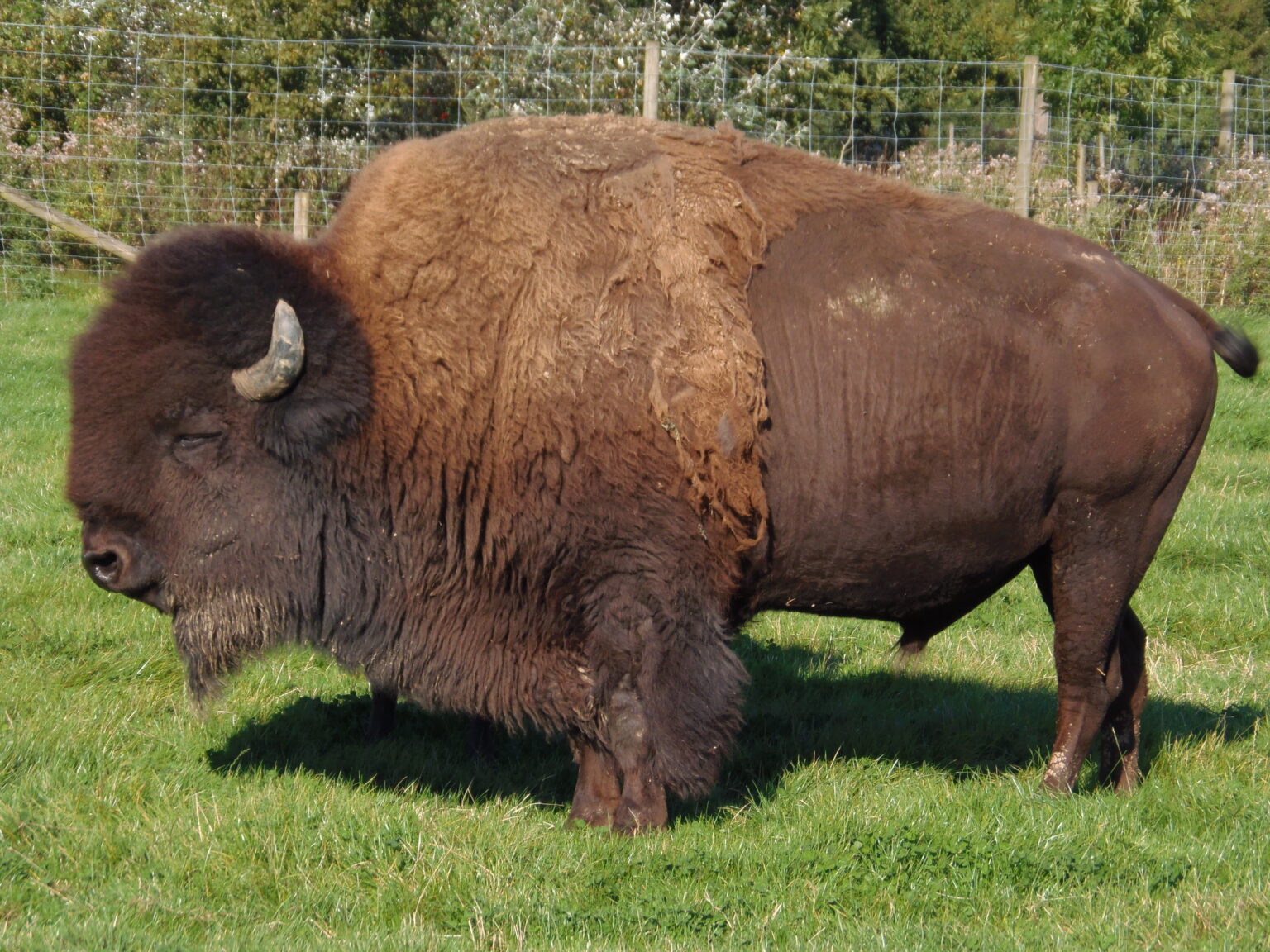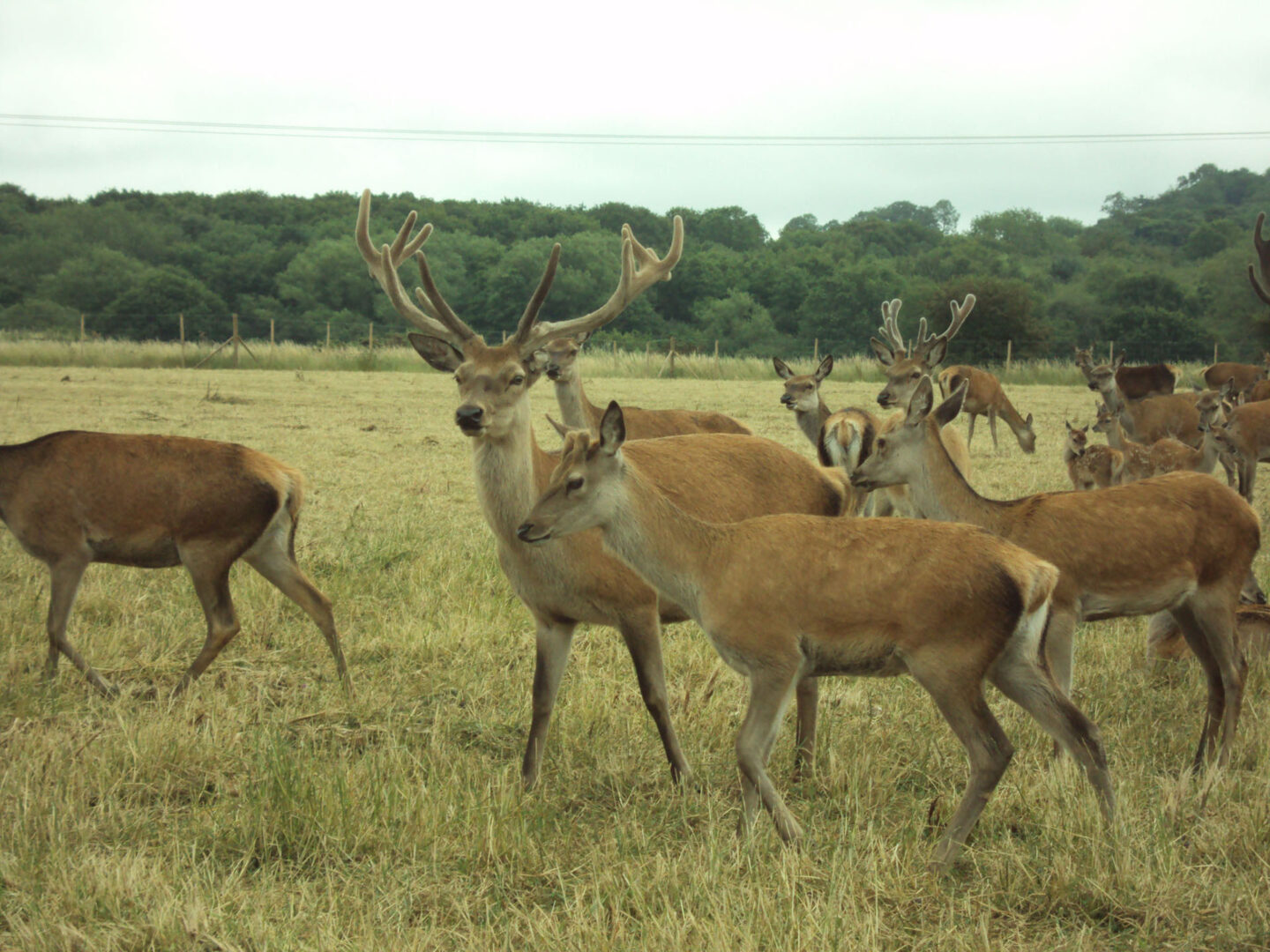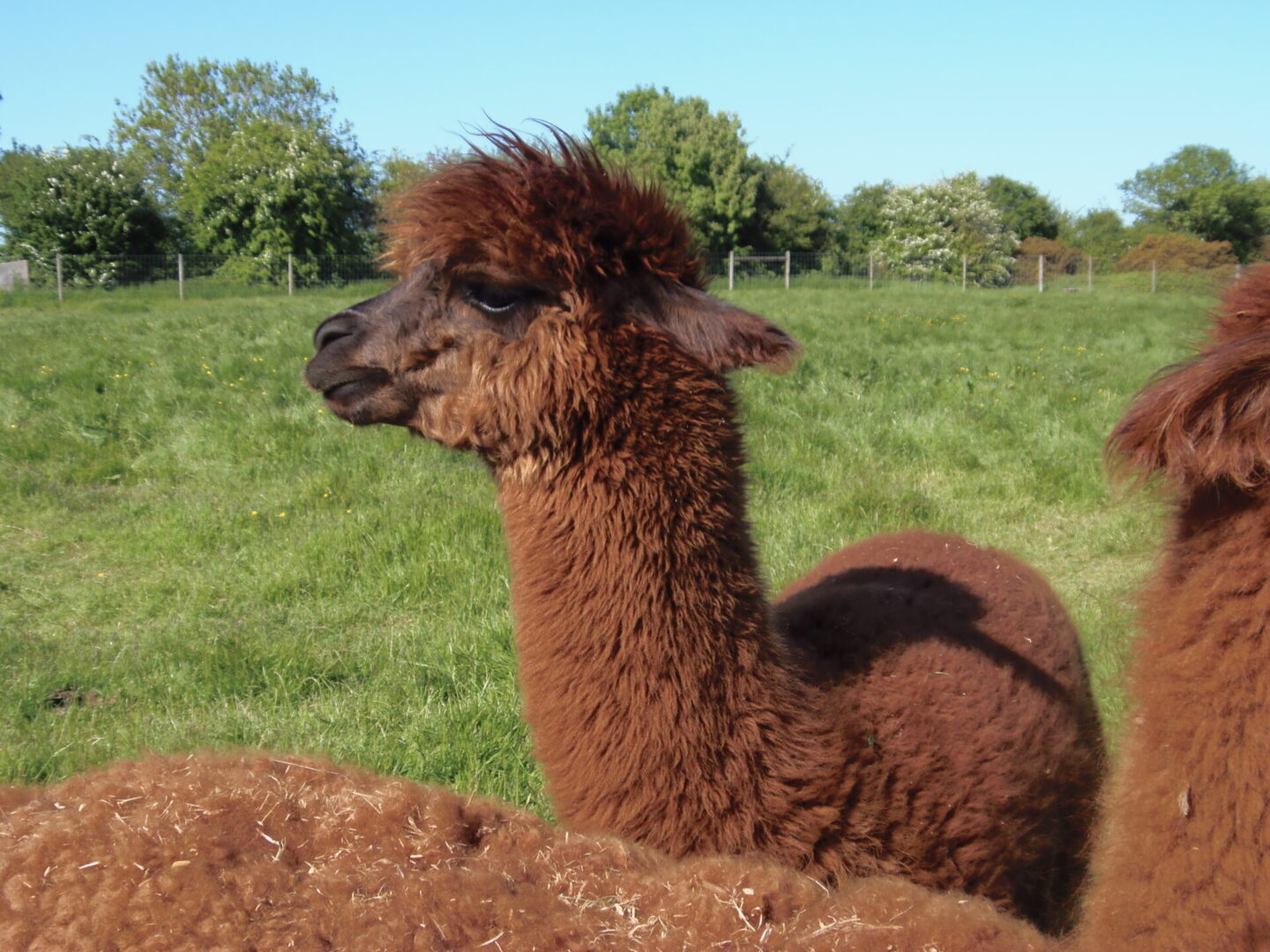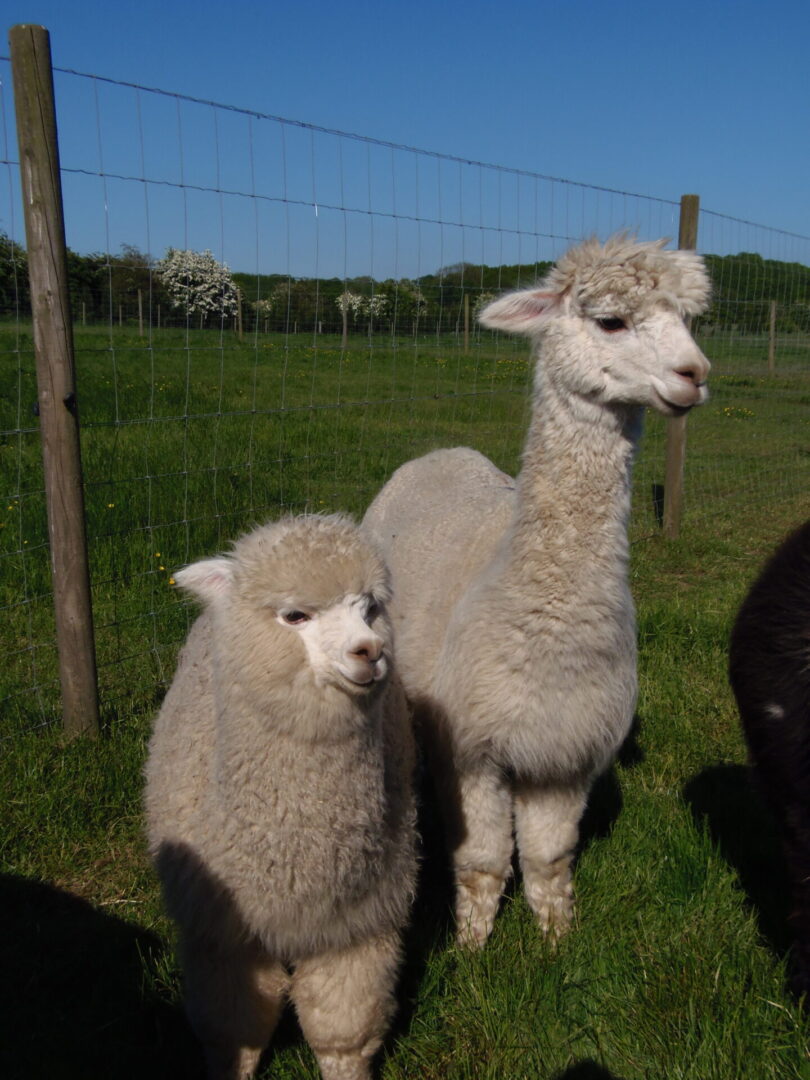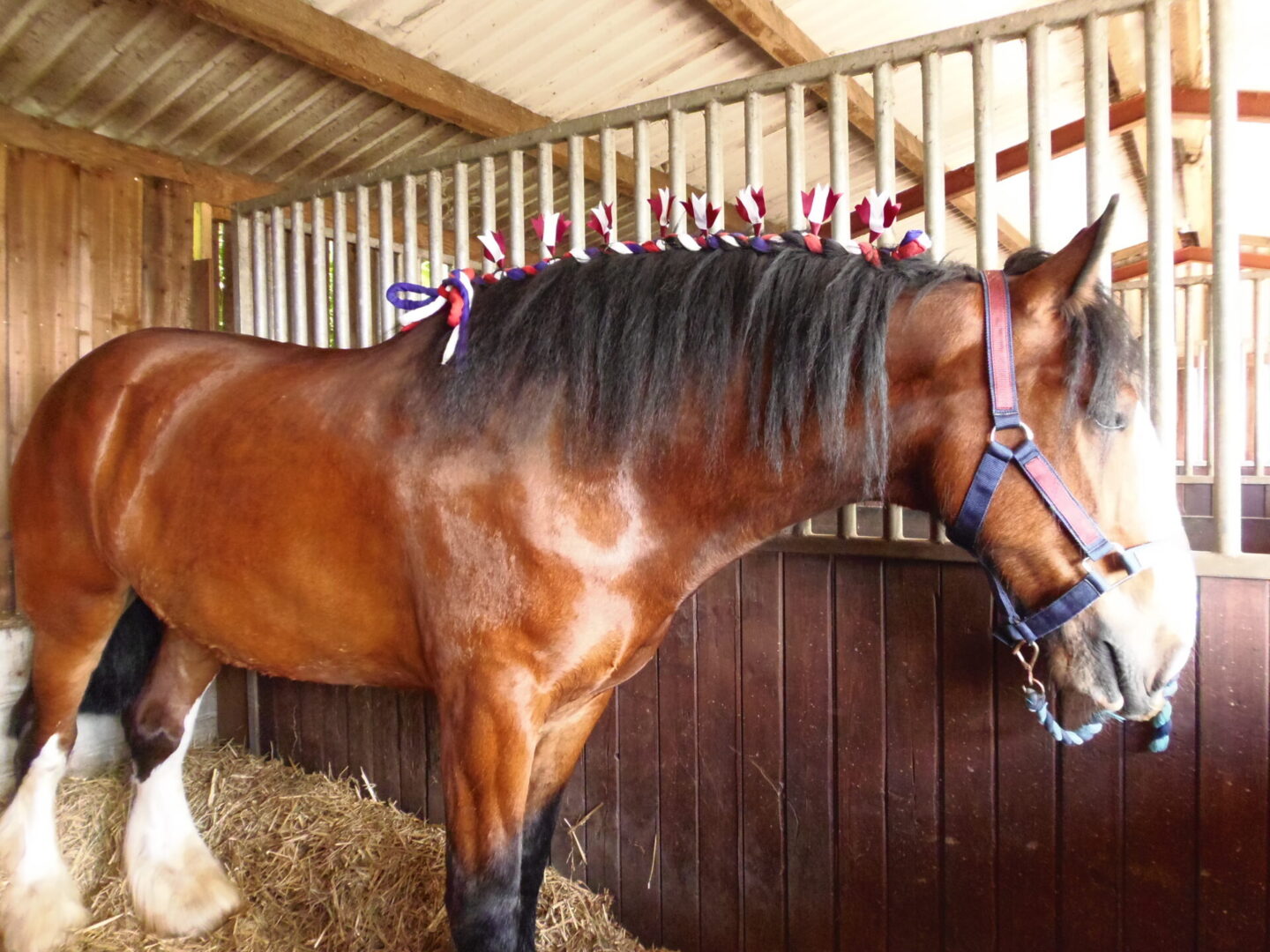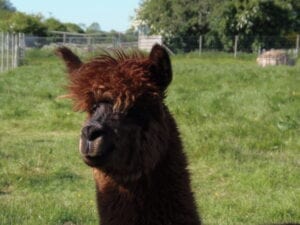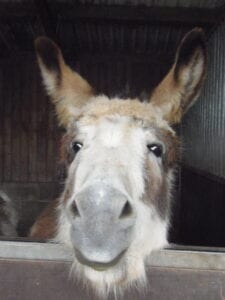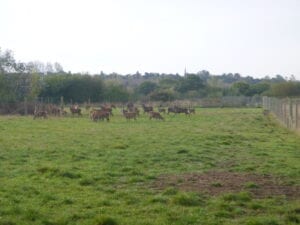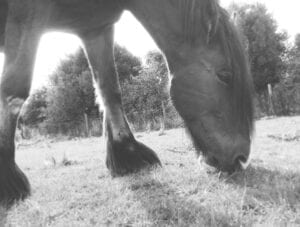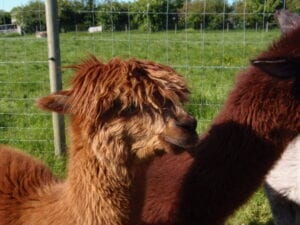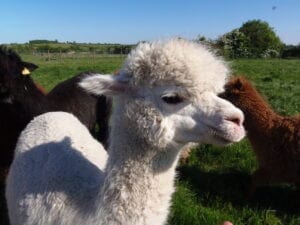A Diverse Range of Livestock
at Hill Farm Packington in Leicestershire
Bison
Our Canadian Bison were brought onto the farm in 2006. There are only a handful of farms in the UK that breed and care for Bison, with changing government regulations making it hard to care for them, it has forced many Bison farmers to sell their herds.
Despite the struggles we face with handling such large, wild animals, they have become a focal point for the team and our visitors, who love to see them roaming around the British countryside. We keep our Bison as a wild herd, so we don’t interact with them unless it is absolutely necessary.
Native to Canada, bison are acclimatised to harsh and unforgiving weather, and their thick woolly coats help protect them during the winter months. Bison bulls, and even females, grow horns which they use alongside their large heads to protect themselves from their few predators. Despite this, Bison were nearly hunted to extinction in the late 1800s, when the Europeans colonized a lot of North America and Canada. Protection laws and conservation efforts saw the Bison breed bought back from near extinction during the 1900s, and soon after Britain saw its first Bison in zoos. 1986 saw the first Bison on a British farm, and other farmers soon joined the growing trend.
Red Forest Deer
Red Forest Deer joined us on the farm alongside the Bison, in 2006. The UK has 6 breeds of deer commonly found in the wild, alongside the likes of muntjac and water deer, are the lesser-seen Red Deer. Deer are beautiful wild creatures, and one of the highlights of visiting the British countryside is to catch a glimpse of these elusive, shy creatures. The creation of many protective habitats within the National Forest has led to a huge increase in the deer population, and that is largely due to the landowners, such as us, within the forest.
Our Deer joined us on the farm as part of our diversification from dairy, which saw us plant over 100 acres of woodland, to encourage wildlife and create natural habitats.
As well as being an elegant addition to the forest, our deer also create stunning natural products for our farm shop. Each year the stags lose their antlers, ready to grow an even bigger set the following year. It is a natural process that occurs even in the wild once the mating season has ended, we then collect the antlers from the fields and Andrew, the farm owner, turns them in 100% natural antler products such as chandeliers, candle holders, cheese knives, and even walking sticks.
Alpacas
Alpacas joined us in 2008, and our herd has since grown to 33 Alpacas.
Our Alpacas are of the Huacaya breed and have a very crimpy fleece which gives them a fluffy appearance and creates very soft wool. Huacaya Alpacas are native to the Andes of South America, and boast a vast array of different coats, up to 22 different fleece colours are known.
Each summer we shear our Alpacas and have their fleece spun into balls of wool to sell in our shop. The wool is both luxurious and soft and is warmer and stronger than most sheep wool. Our Alpaca wool is 100% natural and both unbleached and undyed, so the ball of wool can be linked directly to the Alpaca it came from.
Shire horses
For more details on any of the activities at Hill Farm Packington please call for free or contact us using the form on our contact page.
Shire horses have been a part of Packington history for over 250 years, with the founder of the breed commonly known as the ‘Packington Blind Horse’ which is credited to the village of Packington, near Ashby De La Zouch. The Packington Blind horse is thought to be the start of the Shire horse breed and stood as a stud in Packington from 1755 to 1770.
Shire horses became the backbone of British farming before tractors were invented, pulling carts, machinery, and transporting goods, their size and strength allowed them to do work no man or horse could. Hill Farm had 8 shire horses in Packington when the farmhouse was located in the village, and by coincidence, 2 shire horses moved back to the farm in 2011, followed by another in 2019.
Mangalitza pigs
Hill Farm’s rare-breed Mangalitza pigs arrived in 2012. A native Hungarian breed, Mangalitzas are known for their unique, curly fleece. The only other long-haired pig known is the now extinct Lincolnshire curly coat pig of England, which is believed to be the early founder of the breed.
Lincolnshire curly coats were exported to Hungary in the 1890s and by 1970 the breed was extinct in the UK. However, the curly coat had continued to thrive in Hungary, breeding with their native wild boars to create the Mangalitza breed we know.
